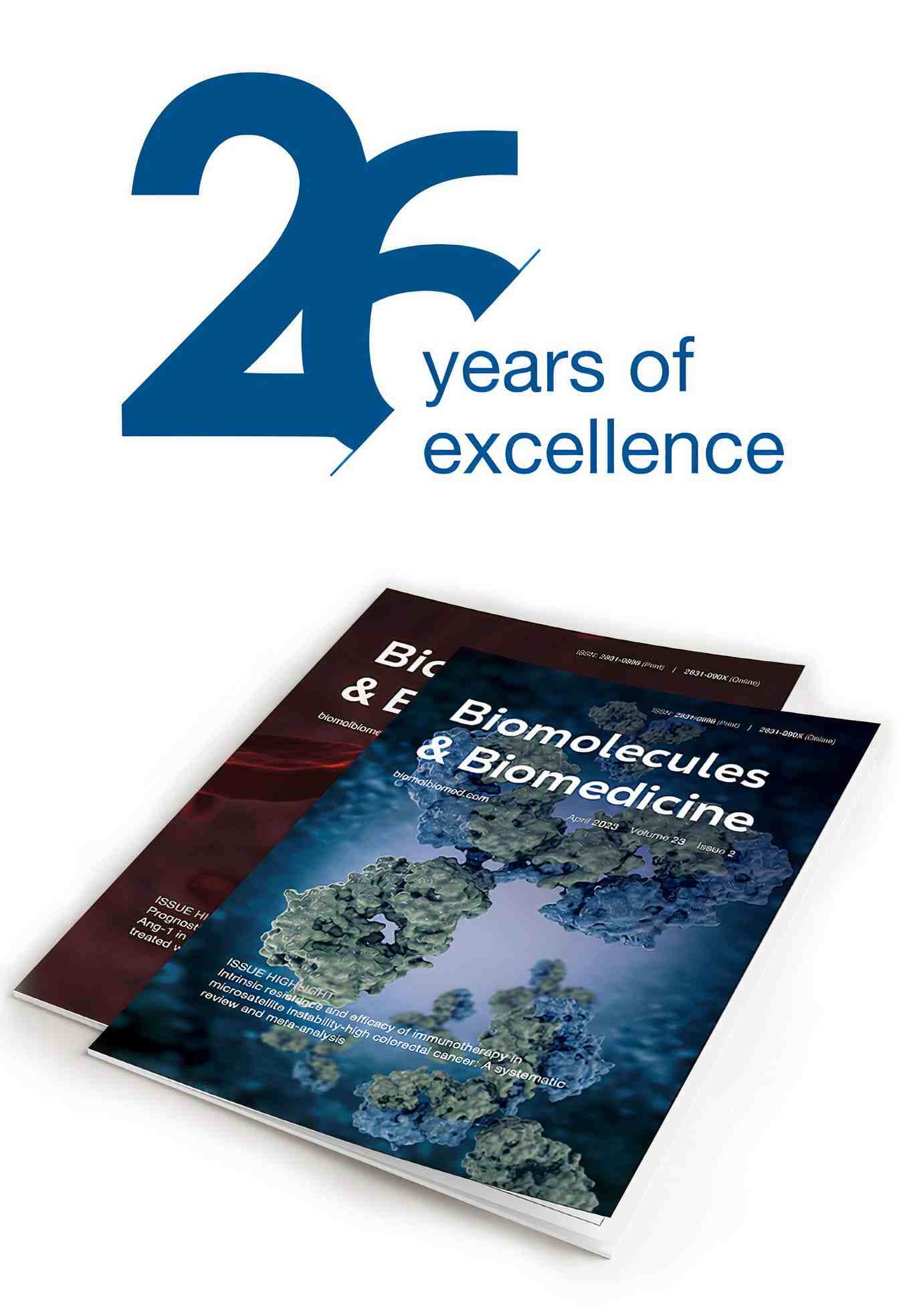Plagiarism and Self-plagiarism
DOI:
https://doi.org/10.17305/bjbms.2013.2344Keywords:
editorialAbstract
Plagiarism is unauthorized appropriation of other people’s ideas, processes or text without giving correct credit and with intention to present it as own property. Appropriation of own published ideas or text and passing it as original is denominated self-plagiarism and considered as bad as plagiarism. The frequency of plagiarism is increasing and development of information and communication technologies facilitates it, but simultaneously, thanks to the same technology, plagiarism detection software is developing[1].
Within academia, plagiarism by students, professors, or researchers is considered academic dishonesty or academic fraud, and offenders are punished by sanctions ranging from suspension to termination, along with the loss of credibility and perceived integrity[2].
When we talking about self-plagiarism avid B. Resnik clarifies, “Self-plagiarism involves dishonesty but not intellectual theft[3].” Roig (2002)[4] offers a useful classification system including four types of self-plagiarism:
- - duplicate publication of an article in more than one journal;
- - partitioning of one study into multiple publications, often called salami-slicing;
- - text recycling; and
- - copyright infringement.
In cases of proven plagiarism and academic self-plagiarism consequences may include[5]:
- - The author is obliged to withdraw the disputable manuscript which is already published or in different pre-publication stages.
- - In the event of co-authorship, the co-author must approve of publication withdrawal, even if the misconduct is not related to them.
- - Publications proved to be false by the Commission are erased from author’s bibliography or marked appropriately.
- - The procedure for detraction from academic degrees (MSc or PhD) at the University is initiated if obtained based on false thesis or dissertation.
- - The procedure for detraction from scientific and educational titles is initiated by a relevant body if based on false publications or other inappropriate way.
- - Scientific institutions, organizations and other relevant institutions are informed, especially those financing scientific projects, about scientific misconduct if they are directly related or in the event that the incriminated scientist works in a leading position or as a member of any decision-making body.
Withdrawal of scientific articles published in journals is becoming more common. Similar experiences recorded by one blog, Retraction Watch[6], which a year and a half follows the withdrawal of articles and consequences for the authors of these articles: from the prohibition of the publication to the dismissal from work.
Citations
Downloads
Downloads
Additional Files
Published
Issue
Section
How to Cite
Accepted 2017-08-09
Published 2013-08-20









